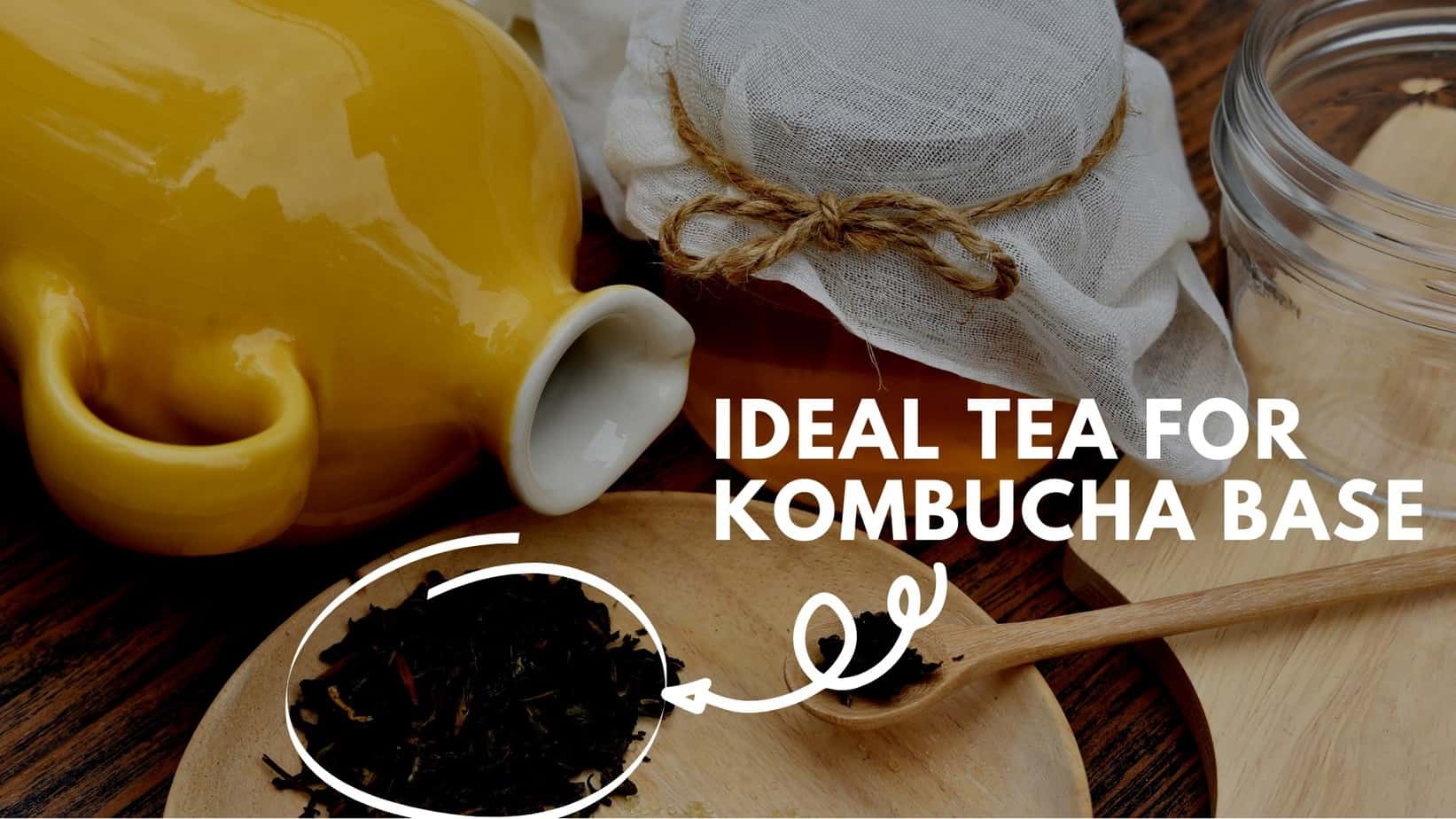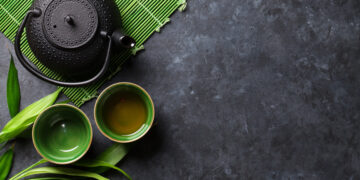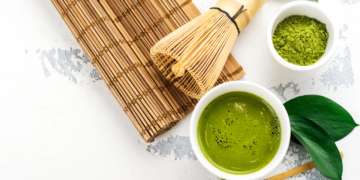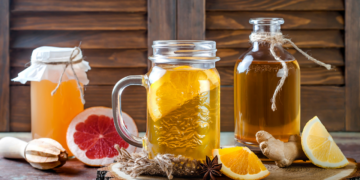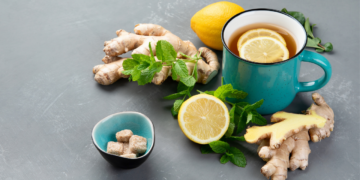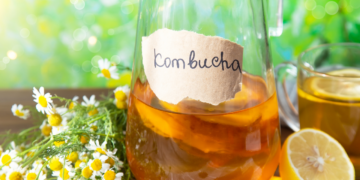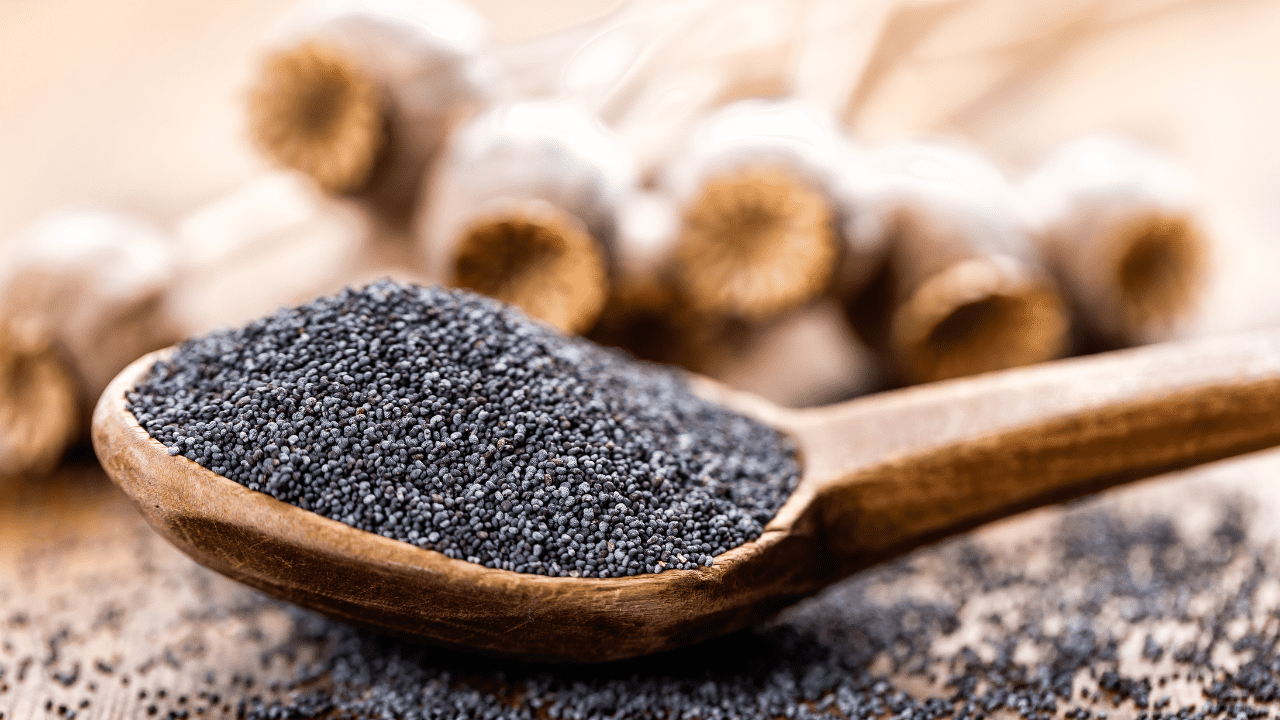In the past few years, kombucha has become an increasingly popular health drink. The kombucha fad has stretched across the nation, with the beverage becoming the staple drink of yogis and hipsters alike. If you’re a newbie to the world of kombucha, you may be wondering what the best tea for kombucha is. This article will go into detail about how various teas can change the taste, lifespan, and benefits of your kombucha. Whether you’re wondering which tea to use at home, or you are exploring various kombucha brands, this guide will tell you everything you need to know to choose the best tea for kombucha.
What is Kombucha?
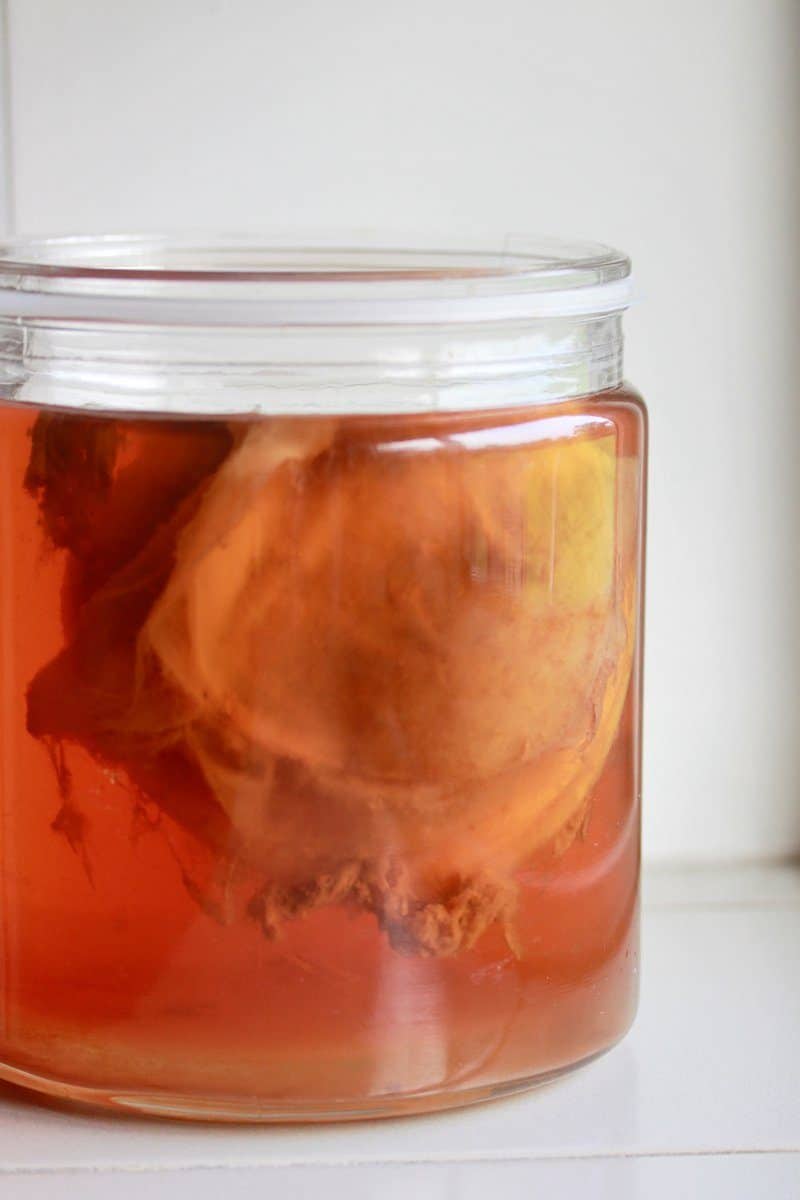
Kombucha is a carbonated, fermented tea. While it may not sound particularly appetizing, the beverage has been around for centuries and has dozens of purported health benefits. And while the taste is somewhat acquired, lots of people love the tart, sweet and sour flavor.
How is Kombucha Made?
Kombucha is made by introducing something called a SCOBY into brewed sugary tea. SCOBY stands for symbiotic colony of bacteria and yeast. A SCOBY can be pretty intimidating to first-time kombucha drinkers. It looks like something out of an alien movie and the name makes it sound pretty unappealing. However, a SCOBY is what transforms boring tea into delicious, healthy kombucha.
Essentially, a SCOBY is the home where bacteria and yeast live. It also seals off fermenting kombucha from the air. This means your tea will be exposed to good, healthy bacteria from the SCOBY, while being protected from dangerous bacteria in the air.
Once you have a SCOBY, making kombucha is fairly simple. Simply add the SCOBY to your brewed sugary tea. Cover the jar with secured clothes. Let the mixture ferment for 7-10 days at room temperature. Keep testing, and when it has a good balance of sweet and tart flavors, your kombucha is ready.
The Benefits of Kombucha
Kombucha is famous for its many health benefits. Here are just a few of the reasons why so many people are turning to kombucha as a health drink.
- Probiotics for gut health
- Antioxidants to reduce liver toxicity
- Acetic acid can kill harmful bacteria
- Can reduce heart disease risk
- Can help to manage type 2 diabetes
Note that over-fermented kombucha can be dangerous and even deadly. We recommend buying kombucha in-store, or being very careful when making it at home.
The Best Tea for Kombucha Explained
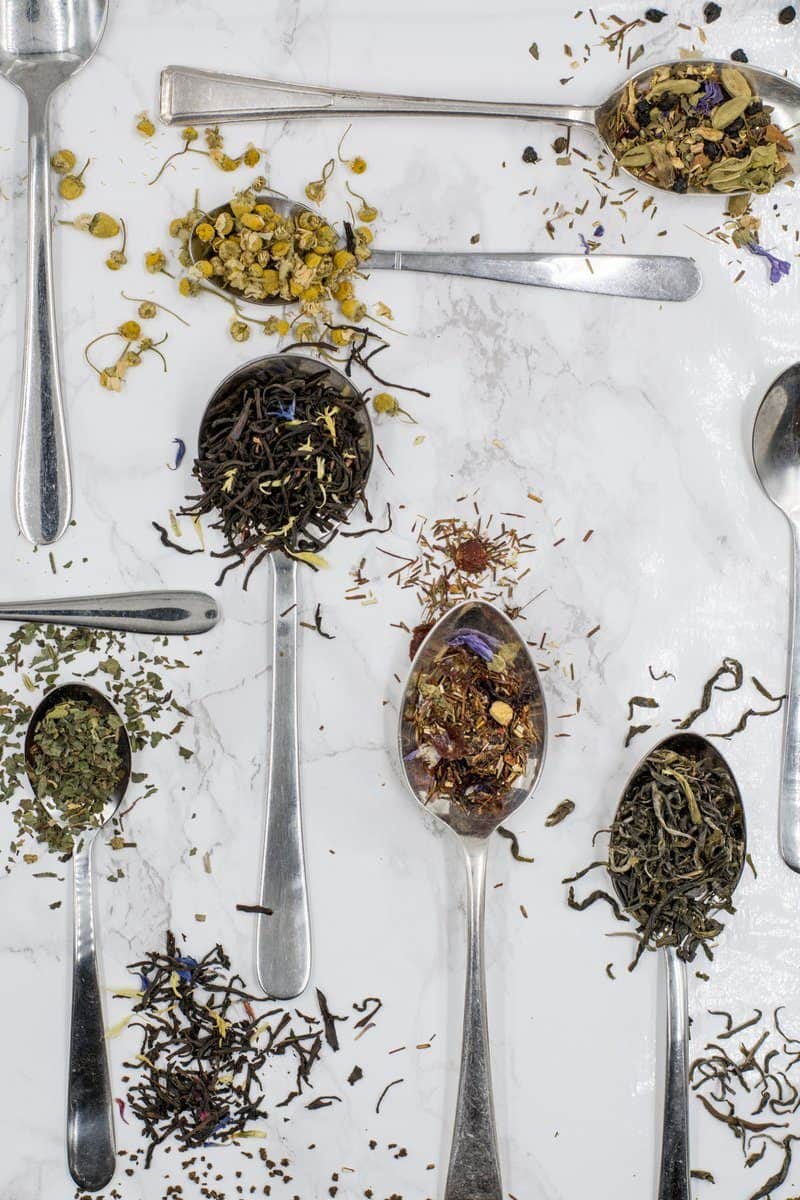
Whether you’re making kombucha at home or you are choosing a brand of kombucha to buy, it’s important that you consider which base tea is best for you. Kombucha can be made with a variety of teas, and each one will alter the taste and health benefits of your kombucha.
For the best kombucha, you should always use pure tea leaves of black, green, white, or oolong tea. It’s possible to blend pure leaves together to create different flavors. However, we recommend avoiding scented or flavored teas. These teas tend to contain chemical compounds that can interact with the growth of your kombucha culture.
We also recommend using organic tea. Tea leaves are never ‘washed’. In fact, the first time they touch water is when they are brewed in boiling water. Organic tea leaves are not made with any pesticides or chemicals. If you use tea leaves that are coated in chemicals, these chemicals can interfere with the fermentation process, and can even kill your SCOBY.
Traditionally, kombucha has always been made with black tea. However, studies have shown that green tea can produce the healthiest culture. Based on these studies, most people recommend that a blend of black and green tea is used for maximum taste and health benefits.
Which Black Tea is Best for Kombucha?
Black tea can result in excellent kombucha. Kombucha cultures thrive in black tea. When you use black tea, you’ll notice that the SCOBY grows quickly and robustly. Black tea contains many health benefits:
- It is high in purines which help with blood circulation
- Can improve gut health
- Has antioxidant properties
- Can lower blood sugar levels
Which black tea to use: The best black to teas to use are Assam Flowering Orange Pekoe, Darjeeling, and Ceylon.
Flavors: Bold, fruity kombucha
Tips: Avoid using Earl Grey tea as it can contain oils and added flavors.
Which Green Tea is Best for Kombucha?
Green tea is famous for its many health benefits as it is rich in polyphenols and antioxidants. When you use green tea to make kombucha, you will get these health benefits as well as the other health benefits of kombucha.
It can:
- Lower LDL cholesterol levels
- Boost immune system
- Inhibit the growth of cancer cells
Which green tea to use: Some great green teas for kombucha include Gunpowder Green and Jasmine.
Flavors: Expect a light, subtle flavor.
Tips: You can use green tea as a mix with black tea, or you can use it on its own. Again, avoid green teas with oils. You should use extra SCOBYs with green tea.
What Kind of Oolong Tea is Best for Kombucha?
Oolong tea is a good option for kombucha. It’s health benefits include:
- Lower cholesterol
- Better skin condition
- Stabilized blood sugar
- Mental alertness
Which oolong tea to use: Phoenix, Iron Goddess, or High Mountain
Flavors: Less bold than black tea, expect a fruity or grassy flavor.
Tips: Can be used in a blend or on its own. We recommend using this tea for a dehydrated SCOBY.
What Kind of White Tea is Best for Kombucha?
White tea can also be used to make a lovely kombucha when used in combination with black, green, or oolong tea. White tea has several wonderful additional health benefits:
- It’s rich in antioxidants
- Can reduce the risk of heart disease
- Good for weight loss
- Helps protect teeth
Which white tea to use: Try using Silver Needle or White Peony.
Flavors: White tea creates a very flowery, gentle flavor.
Tips: Should always be used in a blend with black, green, or oolong tea. White tea works best when used with an older SCOBY that has already been used in at least four batches of kombucha.
What are the Best Herbal Teas for Kombucha?
It’s possible to make kombucha with herbal tea, but you will need to mix in a few bags of black tea. SCOBYs feed off of nutrients, and many herbal teas will not contain the necessary amount to make kombucha successfully. While many herbal teas aren’t good for kombucha, studies show that Lemon Balm, River Red Gum, and Mexican Bay Leaf can all result in good kombucha.
Final Thoughts
Kombucha is a fantastic drink known for its unusual, bold taste and its many health benefits. Depending on which type of tea leaf you use to make kombucha, the taste and benefits of the drink will change. While black tea is the traditional base of kombucha, in recent years, people have experimented with a wide range of different tea types. We recommend using a blend with at least some black tea. This will ensure your kombucha has a strong flavor and that the SCOBY culture gets enough nutrients for proper fermentation.
We hope this guide has helped you to choose the best tea for your kombucha.
FAQs
Do different brands of kombucha use different teas as bases?
Yes, depending on the brand of kombucha you purchase you will likely be drinking a different base tea. Unless the label has visible information about the type of tea that has been used, chances are, the kombucha was made with black tea.
What happens if I use a tea that doesn’t have enough nutrients?
Essentially, if you select the wrong tea or the wrong blend, the fermentation process simply won’t take place. You’ll be able to tell the brewing process has failed by the lack of fizz upon tasting the drink.

